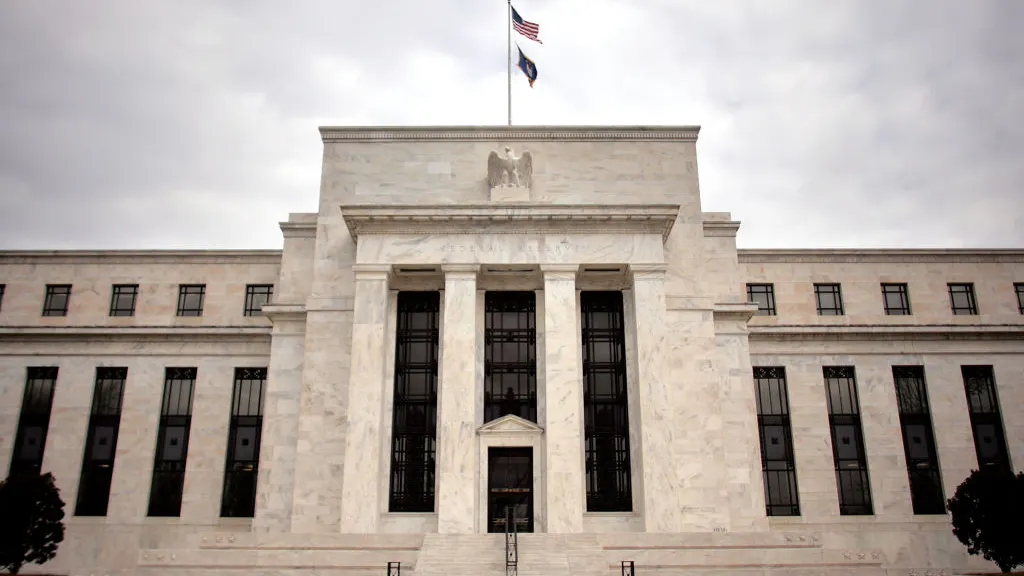Federal Reserve Governor Christopher Waller said on Thursday that he would support an interest rate hike of 0.75% or higher in reaction to high inflation.
The remarks came after two reports released this week by the U.S. Bureau of Labor Statistics showed that the Consumer Price Index (CPI) rose 9.1% between June 2021 and June 2022, while the Producer Price Index (PPI) rose 11.3% during the same period.
In a speech at the Rocky Mountain Economic Summit in Idaho, Waller indicated that he supports another 0.75% rate hike, matching an identical increase in June that marked the largest increment since 1994. He could also support a larger rate hike if other data show strong economic activity.
“We have important data releases on retail sales and housing coming in before the July meeting,” Waller said. “If that data comes in materially stronger than expected it would make me lean towards a larger hike at the July meeting to the extent it shows demand is not slowing down fast enough to get inflation down.”
Rate hikes are meant to discourage inflation, but they carry the side effect of increasing borrowing costs and thereby dampening economic activity. Yet Waller noted that the labor market is currently “very strong” with an unemployment rate “below the median of policymakers’ expected longer-run level” — a reality that allows the Fed to increase rates while likely avoiding severe economic consequences.
Waller said he will be “looking for signs” that inflation is moving toward policymakers’ 2% long-term target “on a sustained basis.” He also expressed concern that American consumers and businesses will come to anticipate higher inflation in the long run — an expectation that hinges upon “whether they believe the Fed is sufficiently committed to its inflation target.”
Indeed, the Federal Reserve Bank of New York’s most recent Survey of Consumer Expectations revealed that Americans foresee one-year-ahead inflation hitting 6.8% — an increase from 6.6% in May and the highest level since the survey began in 2013. However, inflation expectations for the next three years fell from 3.9% to 3.6%, while five-year-ahead forecasts declined from 2.9% to 2.8%.
Other key officials are nodding to another significant rate hike. Federal Reserve Bank of St. Louis President James Bullard — who serves alongside Waller as one of the 12 members of the Federal Open Market Committee — said to reporters that “it would make a lot of sense” to choose a 0.75% rate hike such that rates increase to around 3.5% by the end of this year.
Also on Thursday, Treasury Secretary and former Federal Reserve Chair Janet Yellen affirmed that she would endorse any actions taken by monetary policymakers to quell rising prices. “We’re first and foremost supportive of the Fed’s efforts; what they deem to be necessary to get inflation under control,” she remarked.
Meanwhile, President Joe Biden asserted on Wednesday that the most recent inflation news is “unacceptably high,” yet outdated. “Energy alone comprised nearly half of the monthly increase in inflation. Today’s data does not reflect the full impact of nearly 30 days of decreases in gas prices,” he said in a statement, noting that gas prices have fallen by $0.40 since June. “Those savings are providing important breathing room for American families.”

.png)
.png)

